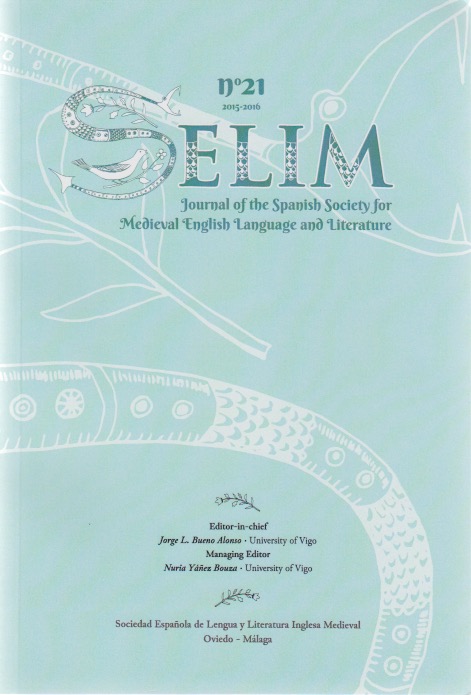Abstract
Just as the antagonists of Beowulf may be read as symbolic of those problems which pervaded the heroic society in which the poem is set, so too can they be viewed as having deeper allegorical meaning in the modern adaptations of the Anglo-Saxon poem. These adaptations may be seen both to react to and engage with the poem as a means to express contemporary concerns about modern society. One such concern on which Beowulf adaptations have especially focused is that of the gendered power structures that appear in the poem, in particular the tension between the patriarcal world of Heorot and the matriarchal mere and its female occupant, Grendel’s mother.
Through the employment of the theoretical frameworks put forward by Julia Kristeva and Sherry B. Ortner, this article will examine how patriarchal societies are depicted in three Beowulf adaptations: Gareth Hind’s graphic novel The Collected Beowulf, John Gardner’s novel Grendel, and Robert Zemeckis’s film Beowulf.
Keywords: Beowulf; adaptation; feminist theory; reception history




